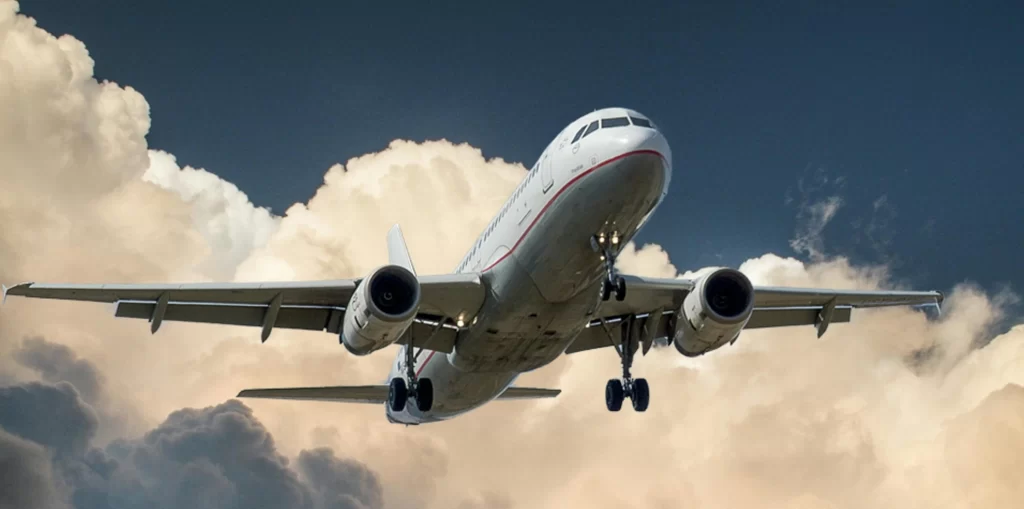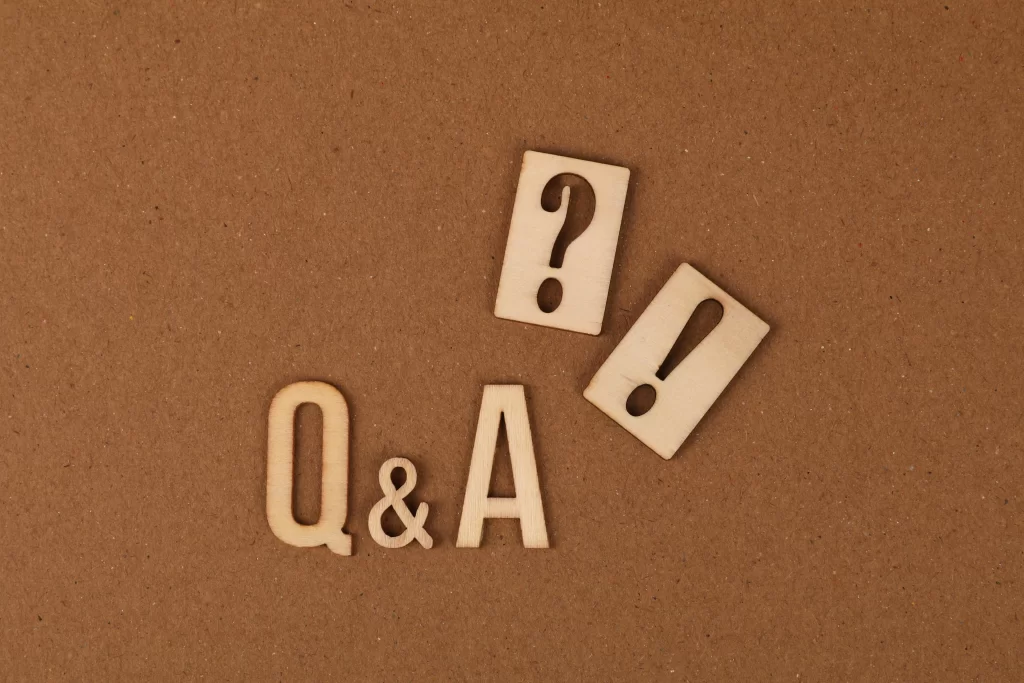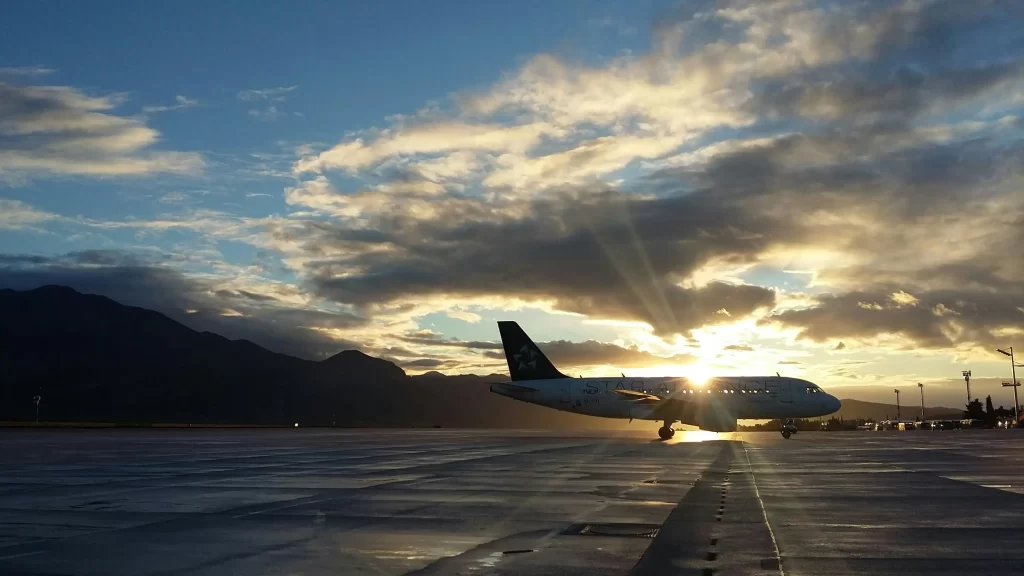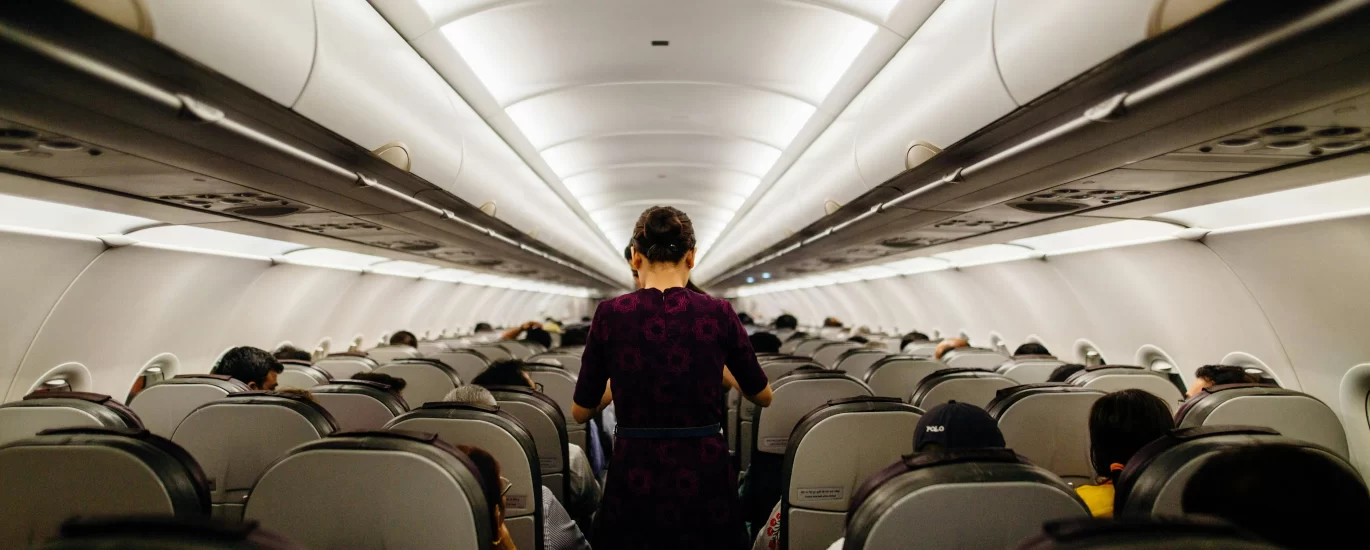Do you dream of getting paid to travel the world? Are you able to work on your feet? If you answered yes, there is no job more convenient and easy to procure than Flight Attendant (FA). Personally, I have been an FA for a year now and have learned all the tricks of the trade. I have also learned everything it takes to land this job – how to construct your resume when applying to an airline, how to answer interview questions, and how to ask the right questions during this process.
Now, let’s dive into this comprehensive guide on how to become a Flight Attendant!

Flight Attendant Resume
Would you be a good Flight Attendant? Keep in mind some of the most important qualifications that all major airlines look for in their candidates:
- communication skills
- good hearing and vision (aids like glasses are, of course, permitted)
- able to stand for long periods
- customer service skills
- time-management skills
- high vigilance
In addition to these skills, it is not necessary but it would be advantageous to speak other languages. This would help you assist the passengers that you get from all over the globe! For example, in Canada, it makes you a better candidate if you speak English AND French, not solely one or the other. You must highlight this on your resume if it applies to you or the airline you are interested in.
How should you organize your resume?
This does not differ from job to job. There are many different ways of structuring your resume. For example, you can put your past job experiences at the top of the page, followed by education and other special skills. Alternatively, you may put stand-out skills in their own section at the beginning, then past job experiences.
In any case, be sure to highlight the qualifications mentioned above and other skills that may be relevant (for example: First Aid/CPR training)!
Navigating Interviews

When first applying to an airline, you will be asked to either record yourself speaking or to speak in a live interview. This can be intimidating but it does not need to be! Try the following tips when interviewing to be a Flight Attendant:
- Express your enthusiasm towards this position as much as possible
- They will want to see if you want this opportunity badly, or not. Let them know as explicitly as possible that your dream is to work flying high in the skies!
- Prepare a good answer about safety
- Hiring managers will ask your opinion on why vigilance and safety are important in this position, so write yourself a response before the interview. Do NOT repeat it word for word, but paraphrase in the moment so you do not sound robotic.
- If applicable, mention past experiences where you dealt with safety in the workplace or healthcare.
- Dress to Impress
- All airlines look for is if you appear professional. Wear business formal clothing.
- Add a nice spin like a neck scarf or airplane pin to stand out more.
- Be confident
- It is a constant for every interview; you must believe in yourself so that others will too!
- Speak with authority since as an FA, you need to be a strong leader throughout every flight.
The Most Important Questions To Ask The Airline

Working in the aviation industry as a Flight Attendant requires a lot of time management, self-accountability, and learning! Especially if it is your very first time entering this field.
Here are some things you may want to ask that will prove to the employer that you are intelligent and well-informed on this industry, and thus the best fit for the job:
1. What is the minimum monthly credit provided?
- This question means: how many hours am I guaranteed to work every month?
- You want to ask this question to calculate the minimum monthly salary you will get (Simple math required: multiplying the minimum credit hours X the hourly rate the company provides = the minimum monthly salary you would obtain).
- Keep in mind: working as an FA means you have a variable schedule at times, especially as a new hire. So, you can always adjust your monthly schedule by picking up extra shifts to make extra money. Your minimum monthly credit does not account for the extra shifts you may take, nor for your per diems (see below). Therefore, you can easily make higher than the minimum monthly credits decided by the company.
2. What per diems would I be given and how does this system work?
- This question means: how much money for food will I be given?
- Per diems are a perk of being an FA! You may want to ask this to understand how much extra funds you would get paid during long shifts, in which you are far from home and thus need to be compensated for your breakfasts, lunches, and dinners.
- Keep in mind: asking about how this system works ensures that you will know the time cut-offs assigned to breakfast, lunch, and dinner per diems.
3. Would I be working on-call; If so, for how long?
- This question means: for how long (weeks, months, years) will I be assigned only standby shifts?
- Working on-call means that you may need to pick yourself up and go flying at any moment, so you need your phone charged and next to you at all times. You want to ask this if your preference is to have a more stable monthly flying schedule. This depends on the airline, and some may not have any on-call period at all.
- Keep in mind: as a brand new FA, you may have no choice but to work on-call shifts at the beginning of your career. The period you have to work as an on-call FA until you are eligible for working with an assigned monthly schedule varies greatly between airlines, and even varies based on the current staffing conditions of any singular airline. Seniority is valued the most as a Flight Attendant (also as a Captain and First Officer) so the sooner you land your FA job, the better!
4. Which/how many aircraft types would I be working on?
- This question means: how many different types of airplanes does the airline have, and which ones are they?
- Every airline has its own branded airplanes, but the amount, designs and models (Ex: Boeing 777) differ from one organization to the next.
- Keep in mind: your training will consist of studying and likely getting tested on only the airplanes you will be flying on. It is your responsibility to learn them inside and out. For example, my airline uses four different aircraft types so I learned about each of them before even working in one.
Other questions you ask may include general interview questions such as:
How would you describe the work environment?
What do you enjoy the most about your job?
What is the most common skill you see in successful people in this position?
Based on our interview today, do you see a reason why I would not be a good fit for this position?
… And any others that may pique your curiosity whilst sounding professional and enthusiastic.
Asking questions of clarification is not only beneficial in terms of having your own back, but it shows the airline you have done your research about the field of aviation.
Networking

Networking is always advantageous when searching for any job as it can help get your foot in the door. If you do not have any current connections who work in the aviation industry, I personally recommend having a strong LinkedIn presence with as many connections as possible. You can follow the airlines you are interested in, and stay up to date as to when they are hiring!
Don’t be shy to connect with Flight Attendants, and airline executives, like managers, since building relationships is a great way to learn and get really immersed in this industry. Mirror the profiles of current FAs to make your profile stronger.
LinkedIn also helps you with conducting background research on the airlines before applying. It’s recommended to add your profile link to your resume as well.

Conclusion
Being a Flight Attendant is a demanding job – perhaps more than what initially meets the eye!
Take good care of your physical health since it takes a big adjustment when working as a Flight Attendant for the first time. Sleep schedules may be disrupted, but having your wings is worth it! Travel benefits can go up to 90% off all domestic and international flights. Thanks to these benefits, I have travelled frequently and once even to my top dream destination, Japan.
There is much to learn and experience throughout your journey of becoming an excellent FA. This journey begins the day you start applying to airlines. Best of luck in getting your wings and starting your adventure!







Thanks so much for all this great advice! I’m gonna use this info to prepare for my upcoming interview!